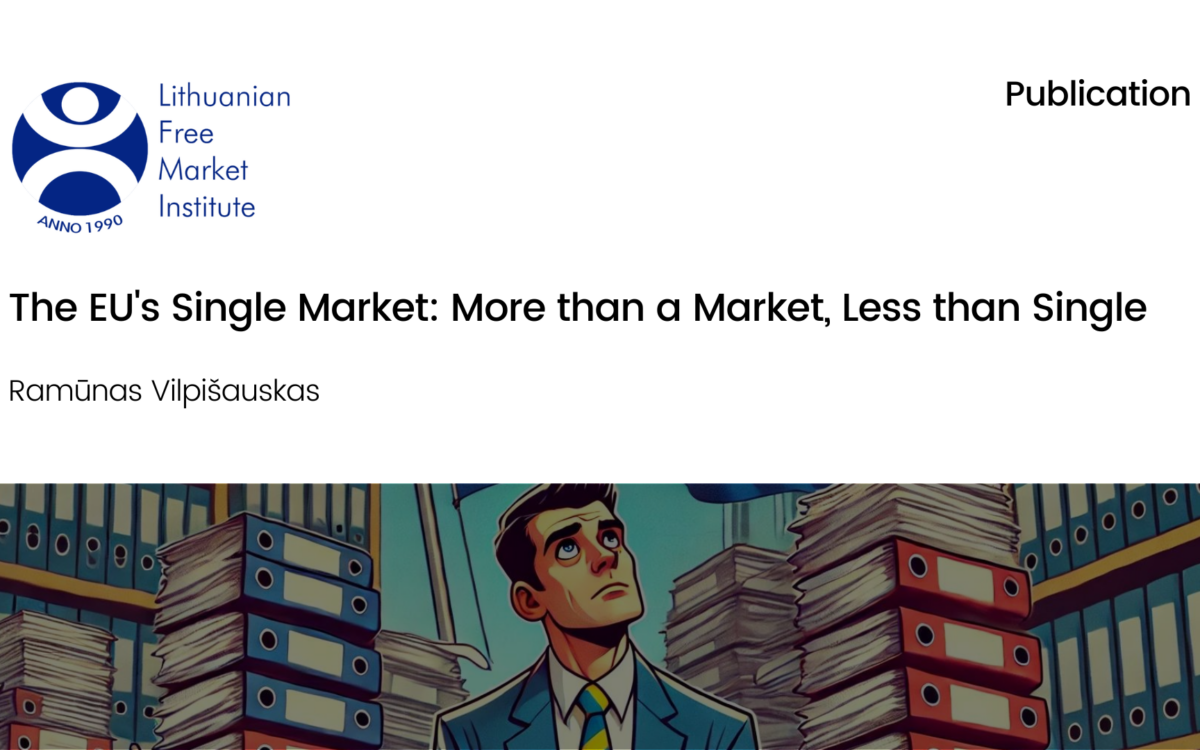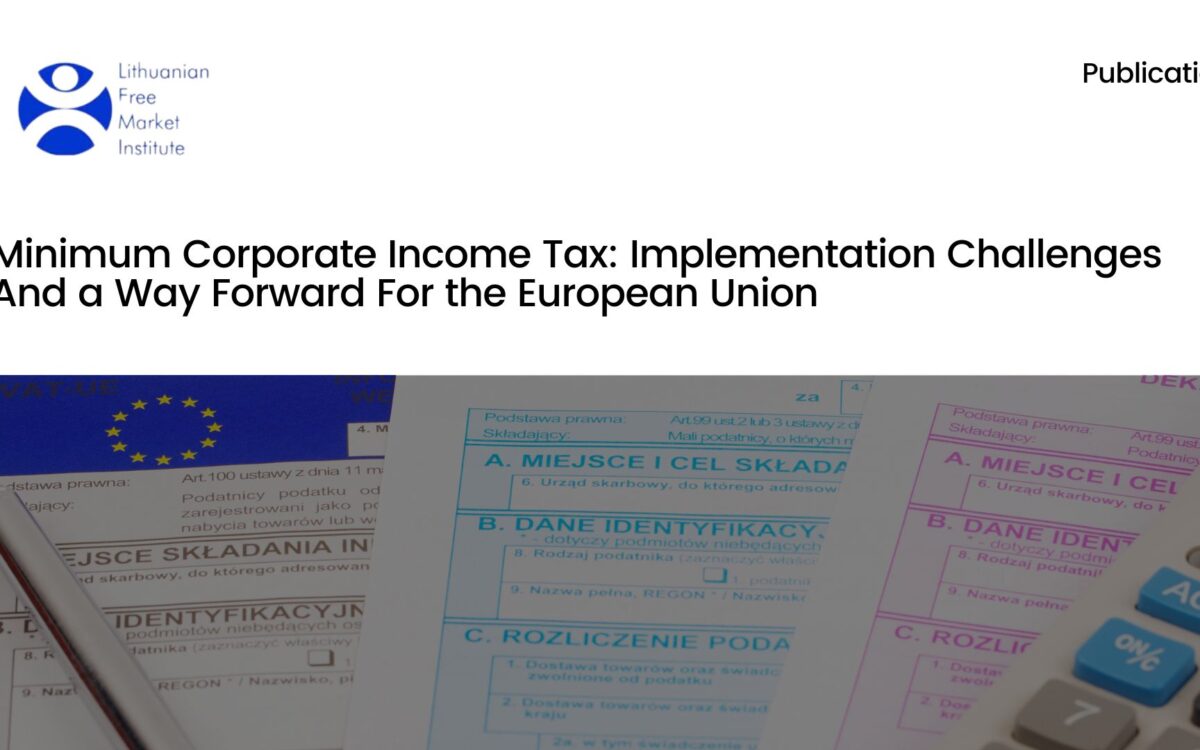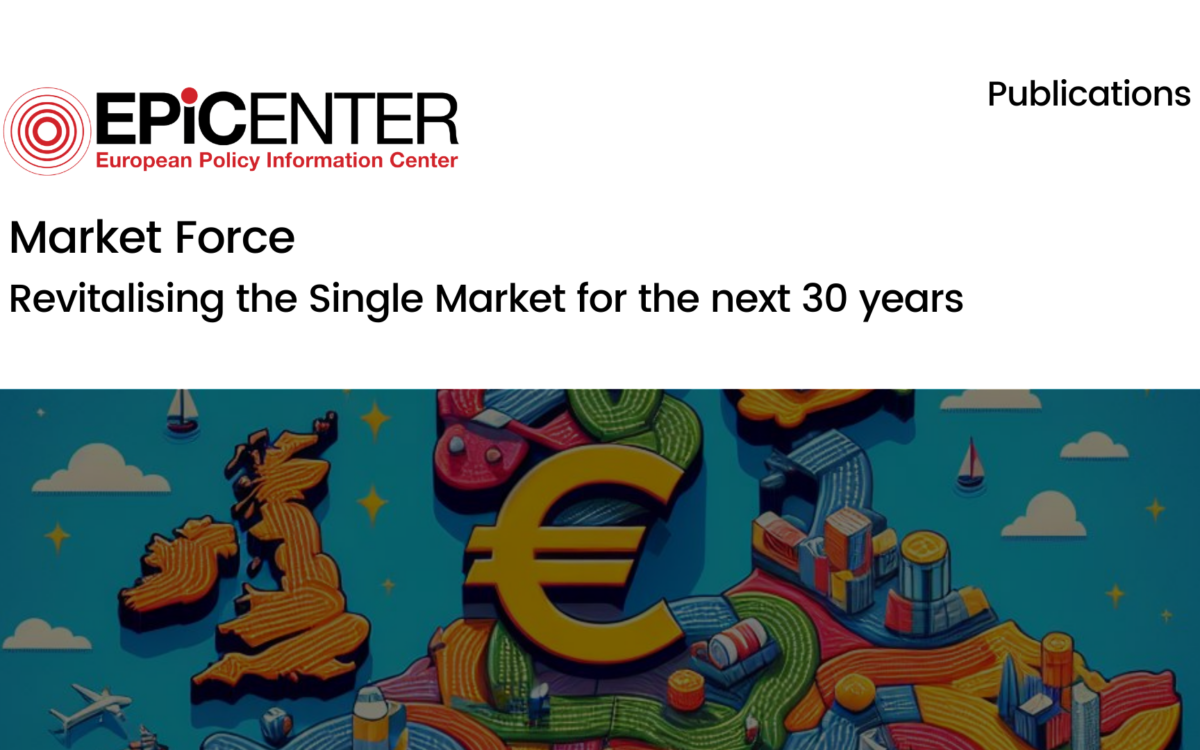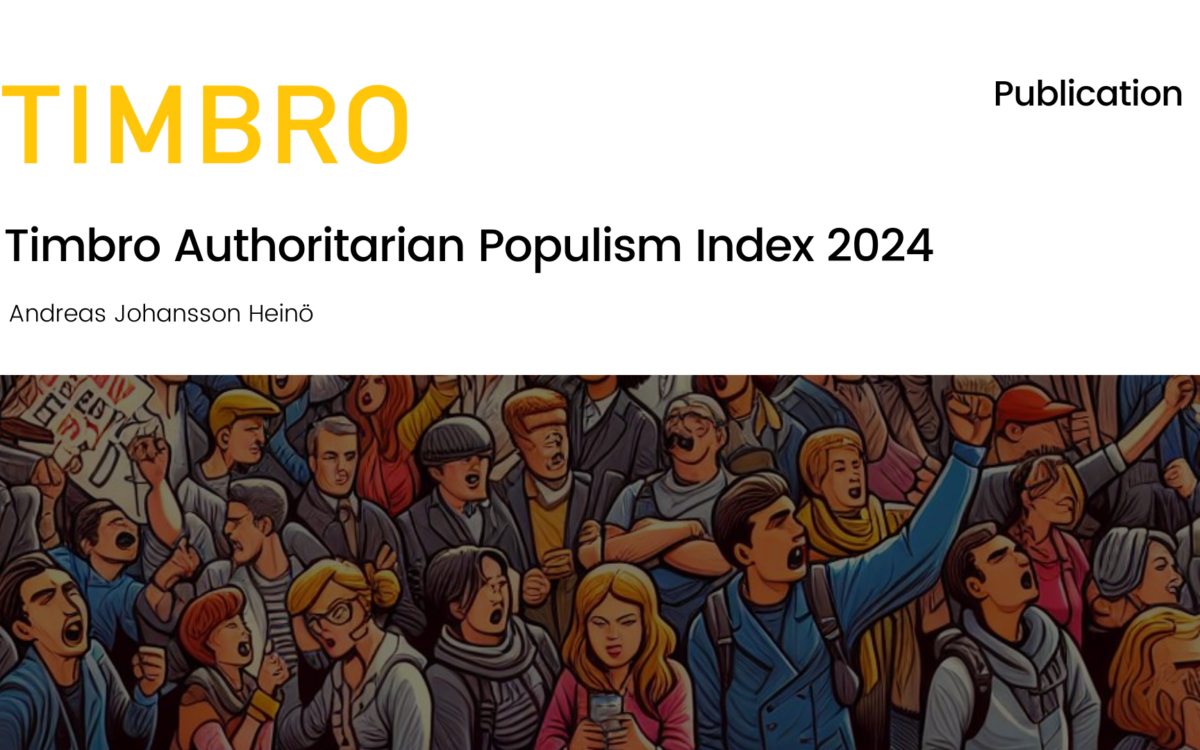Aiming at a Common Market, Not Redistribution
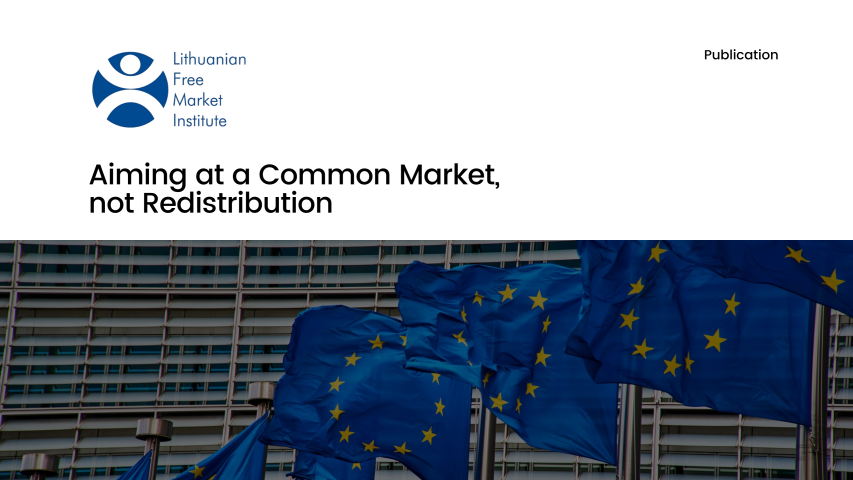
Aiming at a Common Market, Not Redistribution
13 July 2020
In 2018 the European Commission presented its proposed EU budget as “new,” “modern” and “focused.” However, in terms of its expenditure and revenue the budget proposal continues to diverge significantly from what would appropriately address current challenges facing the EU27 and contribute to its economic dynamism, well-being and security.
An updated version from late May 2020 proposed only minor changes to the earlier budget draft, despite extraordinary circumstances related to the COVID-19 and the increased need to use scarce taxpayers’ money in the most effective way. Moreover, by proposing an additional borrowing of 750 billion euro without an appropriate reform of the traditional spending areas, the recent proposal is yet another illustration of how entrenched the deficiencies in the current EU budget are. The idea of massive borrowing at the expense of future financial obligations of EU taxpayers and without a budget reform also shows the EU’s inability to rise to the current challenges.
After the UK’s exit the proposal to increase the contributions of the EU27 in order to maintain the same budget size as in 2014-2020 is ill-founded, especially taking into account that its significant share would continue to be redistributed to farmers, causing inefficiencies and raising questions of fairness. The financial effects of Brexit and the needs related to the joint response to the COVID-19 crisis should be handled by reducing funding for agriculture – a legacy of the post-war situation that is far detached from the contemporary challenges facing the EU. The size of the EU budget should be an outcome of the total sum of decisions to fund those projects and policy areas which comply with the principles of subsidiarity and European added value and which contribute to the common goals of the EU27 set out in the EU Treaty. The structure of the post-Brexit and post-COVID-19 EU budget should be different in terms of quality and underlying reasoning. Failure to reform the budget could further strengthen redistributive conflicts inside the EU and increase the risk of disintegration of the Single market.
A number of changes to the EU budget structure proposed by the European Commission are in the right direction, proposing to increase funding for those areas where it may add value. However, the sums allocated for the common agricultural policy and cohesion policy are still far too large, making altogether around two thirds of the proposed EU budget, while the sums proposed for those areas which could bring value-added and contribute to the goals of the EU27 are modest. This ill-spending should be redirected to the areas which contribute to the consolidation of the common market, and more generally create positive spill-overs from EU funding to its member states, maximizing benefits from interdependencies and minimizing risks from it. The examples of such targeted spending include cross-border infrastructure, external border protection, facilitation of structural reforms, education and science, and health care programmes.
The revenue side of the EU budget should be made more transparent and connected to the contributions of its member states based on agreed proportion of their GNI, while other sources should be phased out either as a result of external trade policy decisions (removal of import duties) or by the agreement of member states (in the case of VAT based revenues). The proposals to introduce new sources of revenue, such as a tax on the access to the common market, contradict the principles of a more transparent and manageable budget.
The proposed new tax revenue measures which could eventually lead to EU wide taxes are not justified and would increase the overall tax burden. Some of the proposed new taxes would be counter-productive to the EU efforts to re-shore production and increase investments in the EU common market. Besides, since taxation competences are core state powers, they should remain a matter of the EU member states on the grounds of democratic legitimacy. Corrections of payments (rebates) should be phased out, given that their presence significantly reduces the transparency of the EU budget.
Download or share this publication
View the PDF
EPICENTER publications and contributions from our member think tanks are designed to promote the discussion of economic issues and the role of markets in solving economic and social problems. As with all EPICENTER publications, the views expressed here are those of the author and not EPICENTER or its member think tanks (which have no corporate view).
